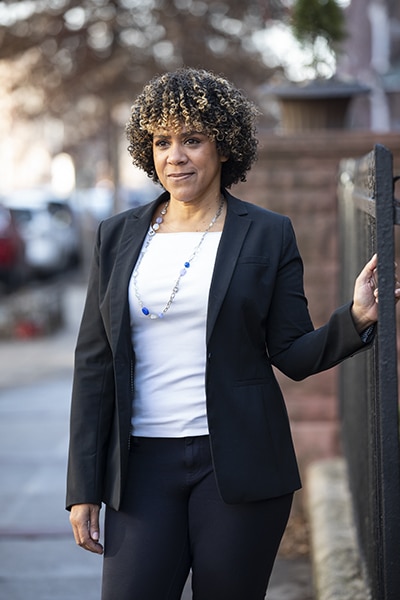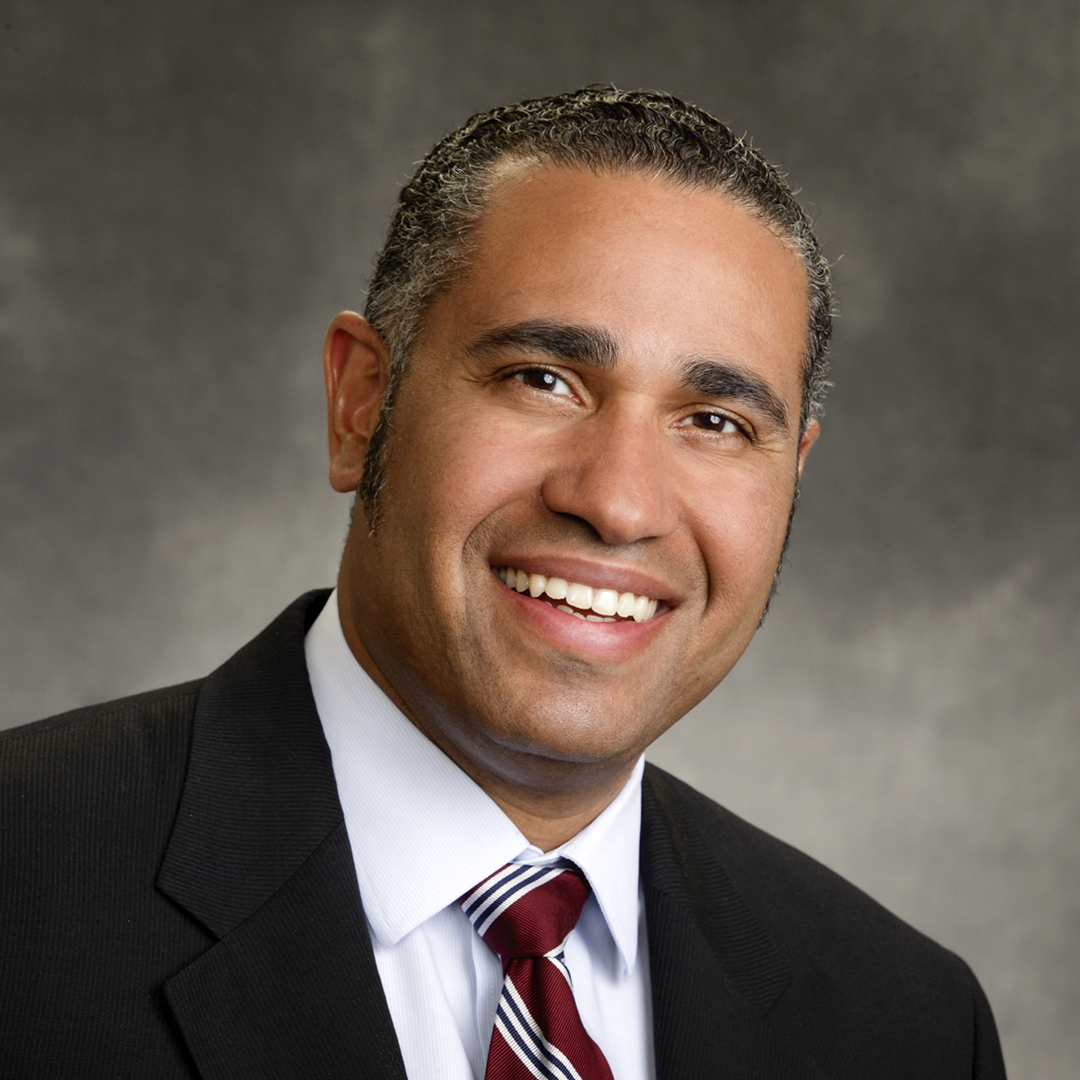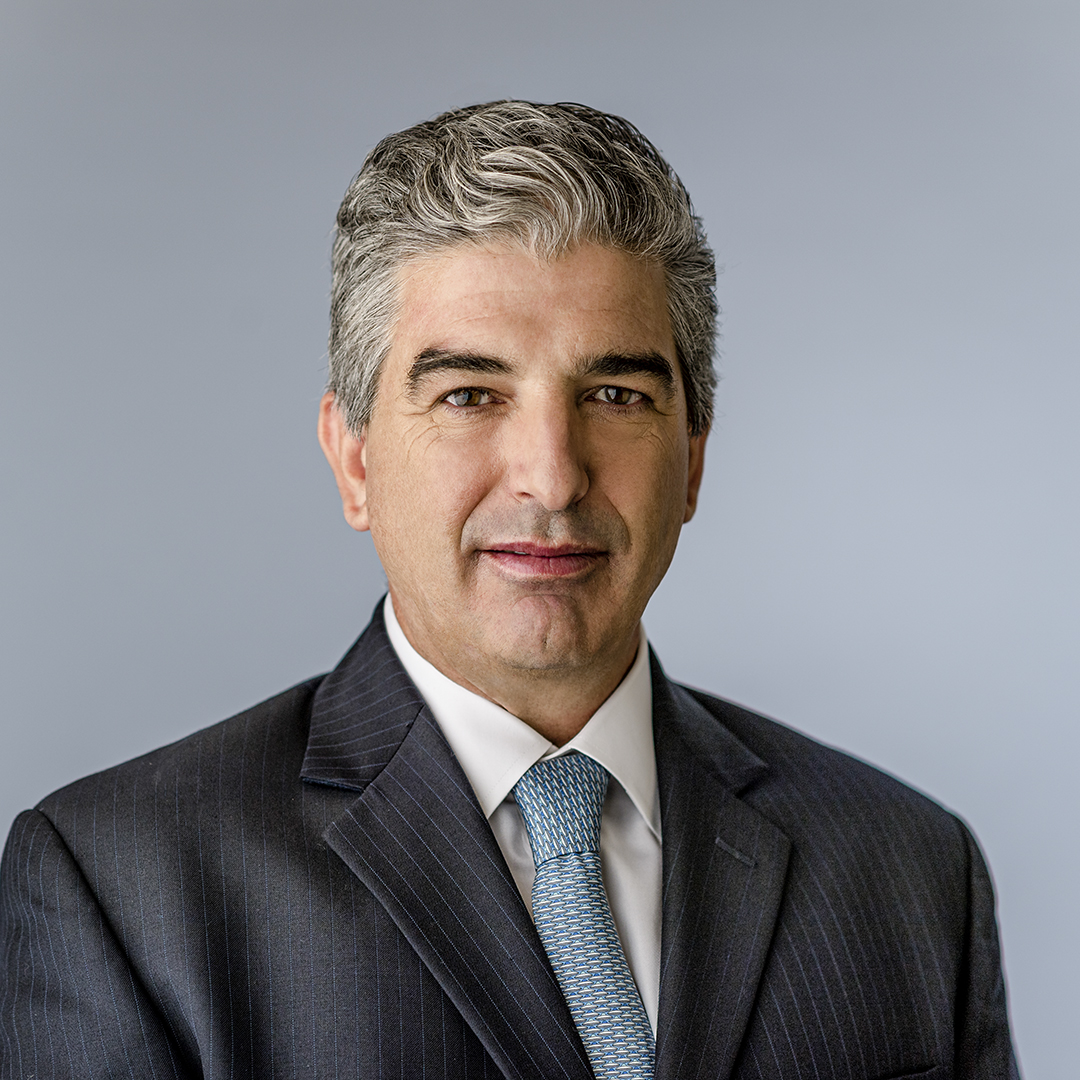|
Getting your Trinity Audio player ready...
|
When Dianne Morales announced her candidacy for the 2021 New York City mayoral race, the first-generation Afro-Latina was already in the history books as the first Latina to ever run for the city’s top job. It’d be easy to think the campaign was the fulfillment of Morales’s lifelong dream to one day lead the city. But the woman who has spent the better part of two decades fighting for the city’s public schools, at-risk children, underserved neighborhoods, and disenfranchised families couldn’t have been more surprised at her own decision to run.

“If you had asked me to run two years ago, I would have said, ‘Are you crazy? Have you met me?’” Morales says, laughing. “I’ve spent my entire career working in the community, mano-a-mano, elbow-to-elbow, because I believe that’s the only way to create real change. I’ve always been an ardent believer in the idea that we have to create the community we want to see.”
Morales spent a decade as the CEO for Phipps Neighborhoods, an anti-poverty organization in the South Bronx that provides comprehensive education, career, and community resources to children, youth, and families.
The rest of her résumé is similar in theme: providing a leg up to those who need it most. Most importantly, Morales emphasizes, her efforts were working.
But following the election of another prominent New Yorker in the 2016 presidential election, and the rhetoric that accompanied it, Morales began to give credence to the steady stream of people in her life telling her she was destined to run for office. The game of politics had changed dramatically, and Morales was of the mind that perhaps she needed to change with it. “I’ve spent my life helping others overcome barriers and gain access to opportunities,” she says. “And I think my experiences as a single mom and as a first-generation Black Boricua have so much more in common with the average New Yorker than most professional politicians. That’s why I’m here.”
The mayoral candidate says the temerity with which she’s waged her campaign is (hopefully) a reflection of the woman that raised her. “Quite frankly, my mother was a badass,” Morales says with pride. “She and her mother used to take in other people’s laundry when they first came to NYC. They didn’t have two nickels to rub together, and this woman, who didn’t speak a word of English, had decided she was going to move to the US to pursue the American Dream. She spent her entire adult life defying stereotypes, and I remember being in awe of her because she was the office manager at a union office, and she never let anyone else define her or what she could or could not do.”
Morales’s campaign is a fitting tribute to her mother. It has been labeled as an outsider campaign precisely because Morales refuses to play by the traditional rules of the game. “I know this has been controversial, but I’m not willing to kiss the ring,” Morales says. “I’ve gotten messages from prominent Latinos telling me I haven’t asked the right people for permission. Let me be clear—that is intentional. This campaign is about people who have been left out of the process. It is for people who have gotten the message, both direct and indirectly, throughout their lives that this isn’t for them.”
Subscribe Now
Receive stories like this in your inbox every two weeks!
Subscribe now to the free Hispanic Executive newsletter.
The most salient issues included in Morales’s platforms are ones that most candidates in the New York City election would purposefully and adeptly steer clear of. “Divest from the police, invest in the people” is the first bar of policy on Morales’s campaign website. “When people live in ‘safe’ communities, and you look at those communities, they are not burdened with police presence. What they are rife with is resources and opportunities.” Communities with less access to the tenets of the American Dream, Morales explains, are the ones that experience more crime and more conflicts with the police. “My first priority would be to look at how we move away from the current view of policing communities and reallocate resources to support things like housing, schools, and healthcare,” she says.
Morales says the majority of the city’s 911 calls don’t require an armed officer response. It’s why she’s proposed the creation of a Community First Responder Department comprising medics, counselors, and mental health professionals trained to address emergency calls. “I’ve learned that, as executives, where you put money reflects the things you think are most important,” Morales says. “The budget is a reflection of our values and our priorities.” The candidate believes the shift away from traditional city priorities of “more cops on the street” to an organized effort to help solve the issues that currently result in police being called in the first place is a policy move that New Yorkers are ready for.
Morales’s candidacy isn’t about being the first Latina to vie for the office, or the possibility of becoming the city’s first woman mayor. But those are real truths that still have impact. “I was at a conference in this massive line for food, and I noticed some young people behind me laughing and pointing,” Morales remembers. “One of the young women stepped up to me and asked if I was Dianne Morales, the woman running for mayor. I told them I was, and they were so excited.
“I was struck in the moment by the weight of the responsibility,” she continues. “When I hear a young Latina say that it’s amazing to see someone running for mayor who looks like her, it’s amazing. I think about my mother, and I’m honored and privileged and humbled to walk a path that people like her have cleared for me. This is exactly where I’m supposed to be.”

